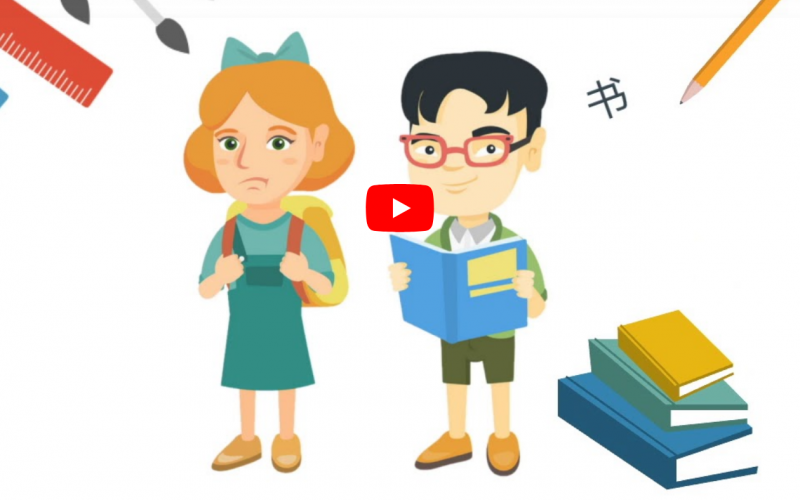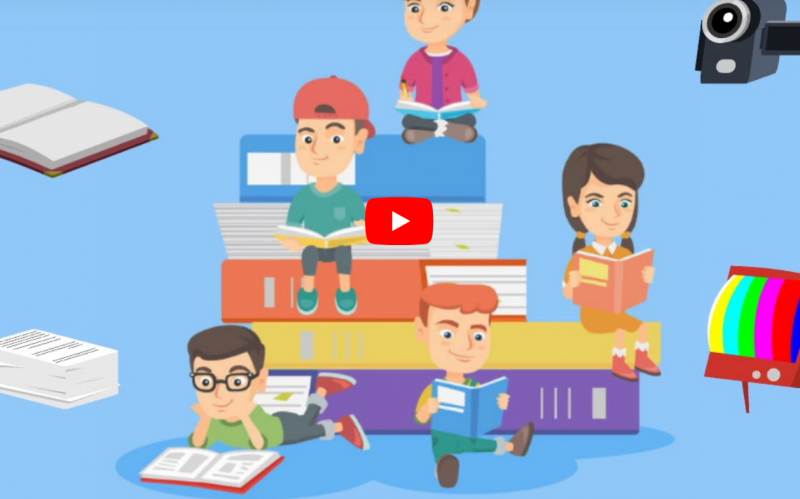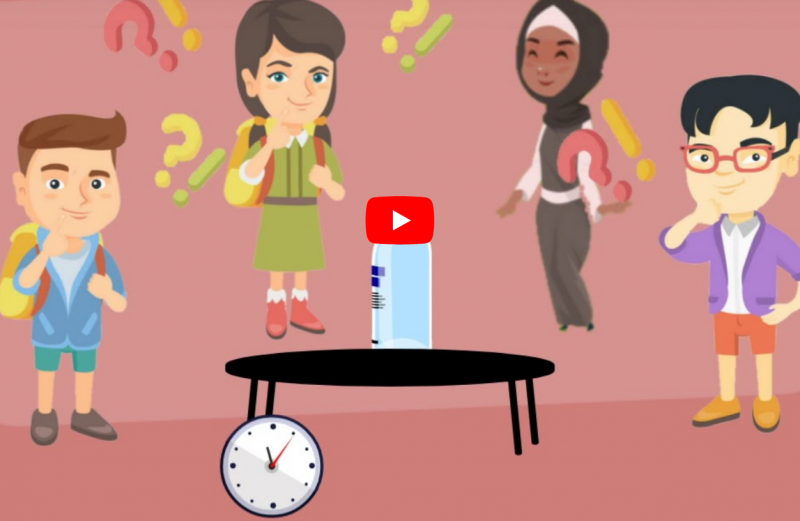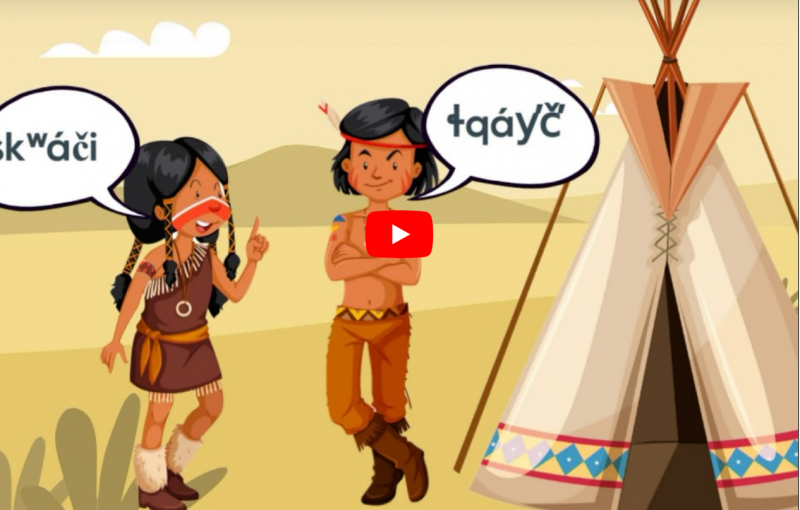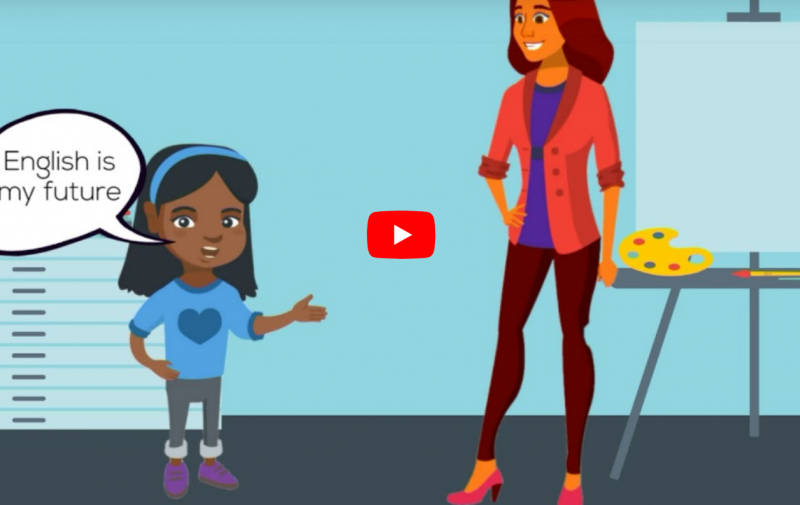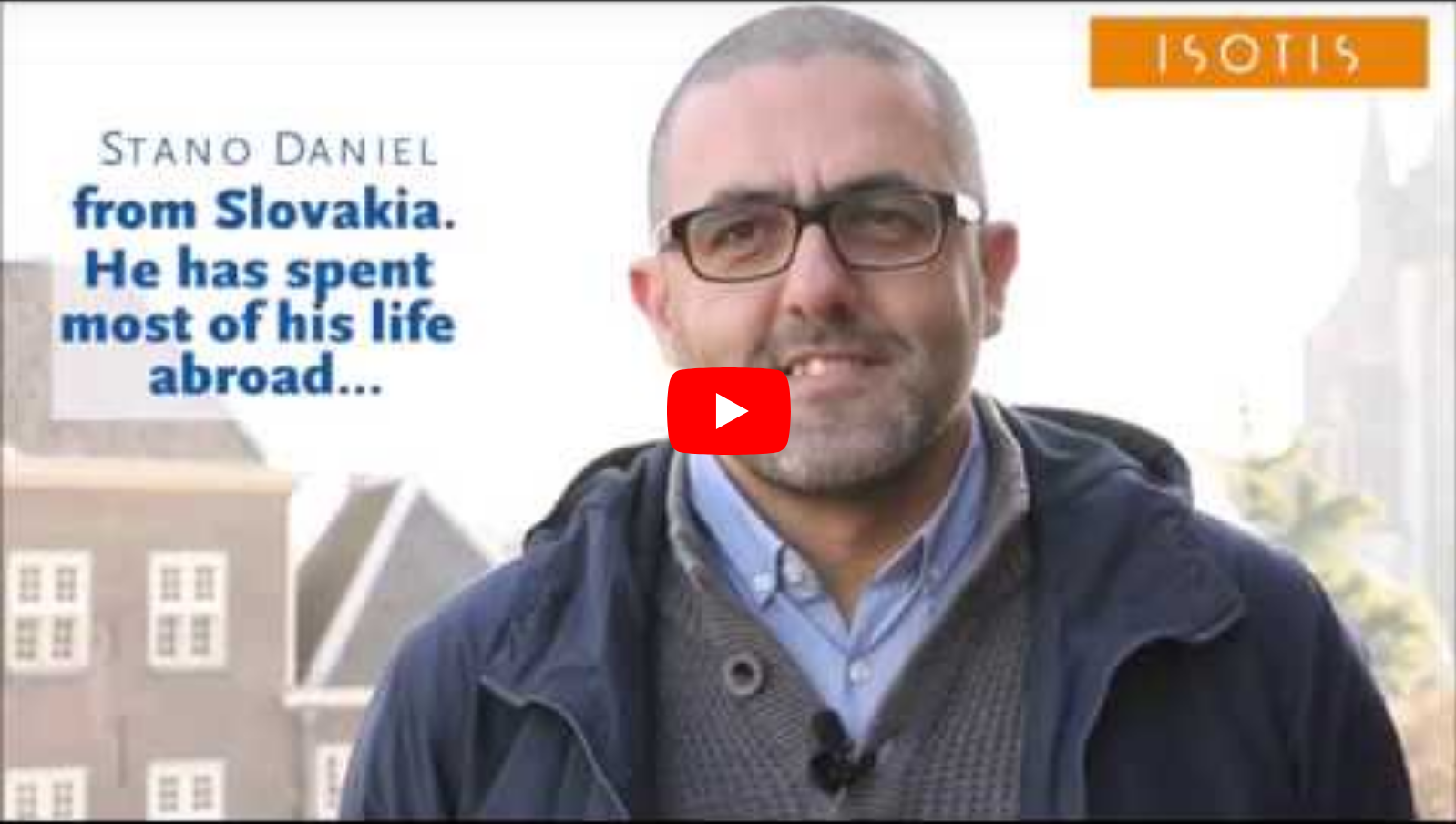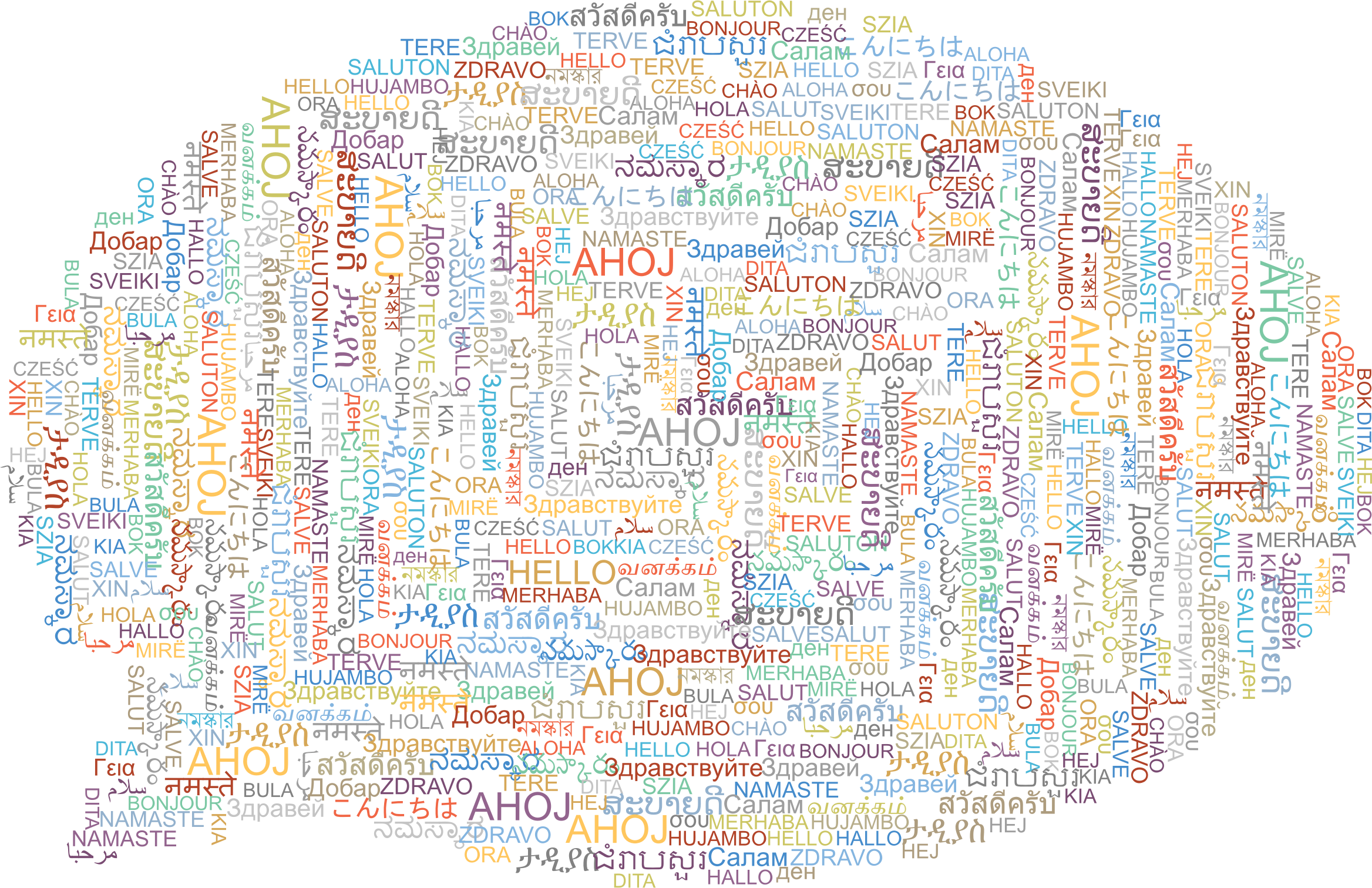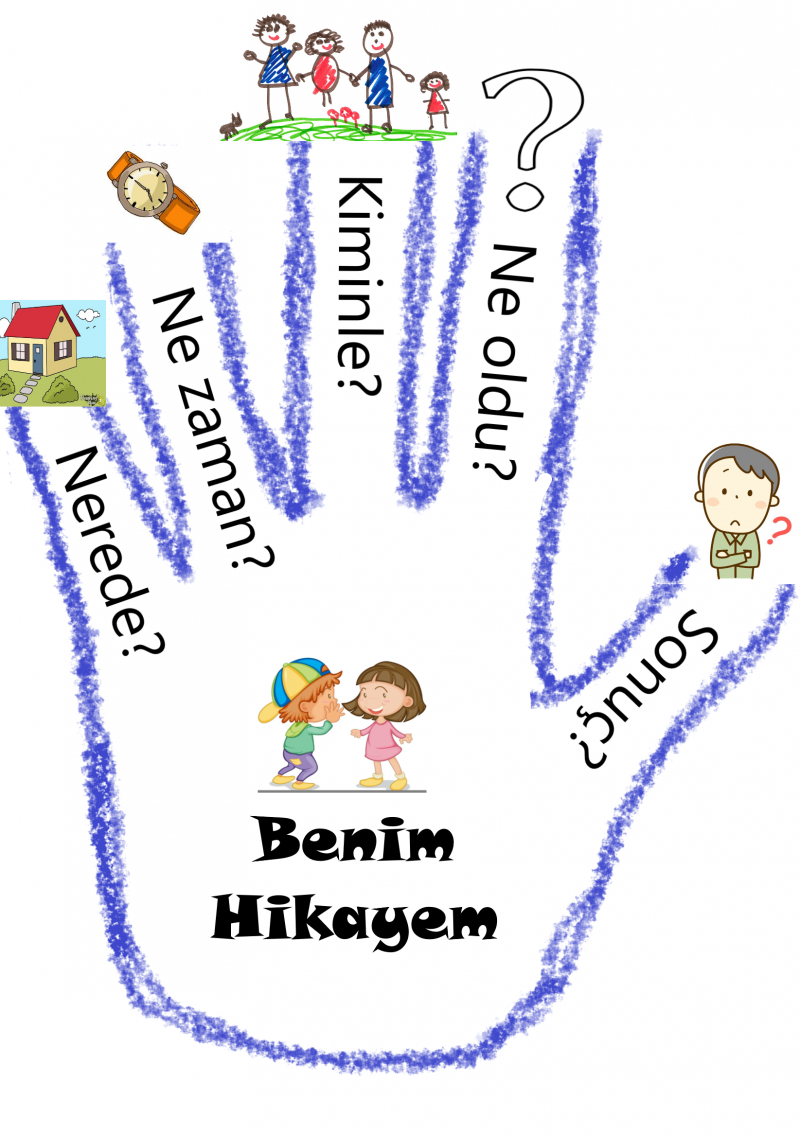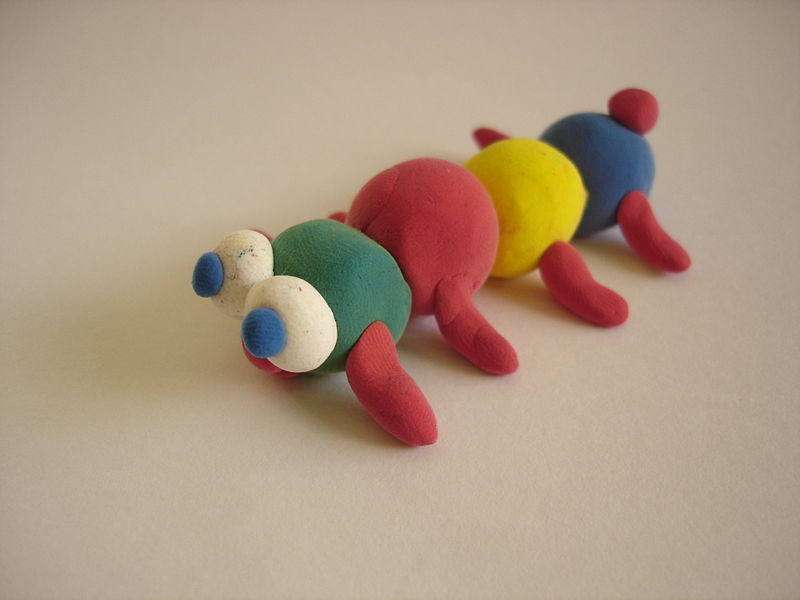|
 2 - Wie sich zweisprachige Kinder gegenseitig beeinflussen 2 - Wie sich zweisprachige Kinder gegenseitig beeinflussen |
|
|
| Further videos |
 1 - Two languages are better than one! 1 - Two languages are better than one!
|
|
|
 3a - Discover the language inputs of bilingual children! 3a - Discover the language inputs of bilingual children! |
|
|
 3b - Tips to give your bilingual child the best language input! 3b - Tips to give your bilingual child the best language input! |
|
|
 4 - The 4 stages of Second Language Learning 4 - The 4 stages of Second Language Learning |
|
|
 8 - Not only dinosaurs get extinct! How can we prevent the variety of languages from disappearing? 8 - Not only dinosaurs get extinct! How can we prevent the variety of languages from disappearing? |
|
|
 10 - Family life with more than one language 10 - Family life with more than one language |
|
|
 Stano Daniel: Proud to Speak Romani Stano Daniel: Proud to Speak Romani |
|
|
| Involving families in exploring linguistic repertoires |
 Interview with my parents (age range: 7+) Interview with my parents (age range: 7+) |
|
|
 My family's language profiles and language dossiers (age range: 3+) My family's language profiles and language dossiers (age range: 3+) |
|
|
| Living with more than one language |
 Read more about living with more than one language Read more about living with more than one language |
|
|
 Dive deeper ... Dive deeper ... |
Selected online resources and literature on topics such as 'bilingual development' and 'living as a multilingual family'. |
|
 My multi-lingual self: Children's language self-portraits My multi-lingual self: Children's language self-portraits |
Children in Italy were asked to draw pictures of themselves and their languages. See some examples. 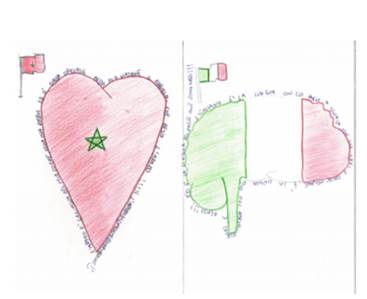
|
|
 My multi-lingual self: Parent template My multi-lingual self: Parent template |
|
|
 Sharing and reflecting in the group Sharing and reflecting in the group |
Activities which invite parents to share more about themselves with the group 
|
|
 Other activities to facilitate reflection about languages in the family Other activities to facilitate reflection about languages in the family |
|
|
 Other activities to facilitate reflection about languages in the family Other activities to facilitate reflection about languages in the family |
|
|
 Language Self-Portrait: Parent Template Language Self-Portrait: Parent Template |
We invite you to create you own language portrait. Here you can find a picture that can help you.
|
|
 Family Language Profile: Parent Template Family Language Profile: Parent Template |
Can you fill in the picture below? It helps you to show how you use the languages you know in your family.
|
|
 Language Competency Ladder: Parent Template Language Competency Ladder: Parent Template |
Can you fill in the picture below? It helps you to show how competent you feel in the languages you use, and how you feel about your child's language skills.
|
|
 Click here to read more about the idea of a word bank Click here to read more about the idea of a word bank |
|
|
| The benefits of storytelling |
 Read more about the benefits of storytelling Read more about the benefits of storytelling |
|
|
 Examples of Storytelling Examples of Storytelling |
Most probably we all have experiences with oral traditions. As we grew up, we listened to our parents and other relatives and adults telling stories. Many stories are passed down through generations.

|
|
 Storytelling: Questions for parents to reflect on and story re-telling activities Storytelling: Questions for parents to reflect on and story re-telling activities |
|
|
 1. Storytelling with Teddy 1. Storytelling with Teddy |
An activity to increase dialogues/language interactions that facilitate
children’s language and literacy development.
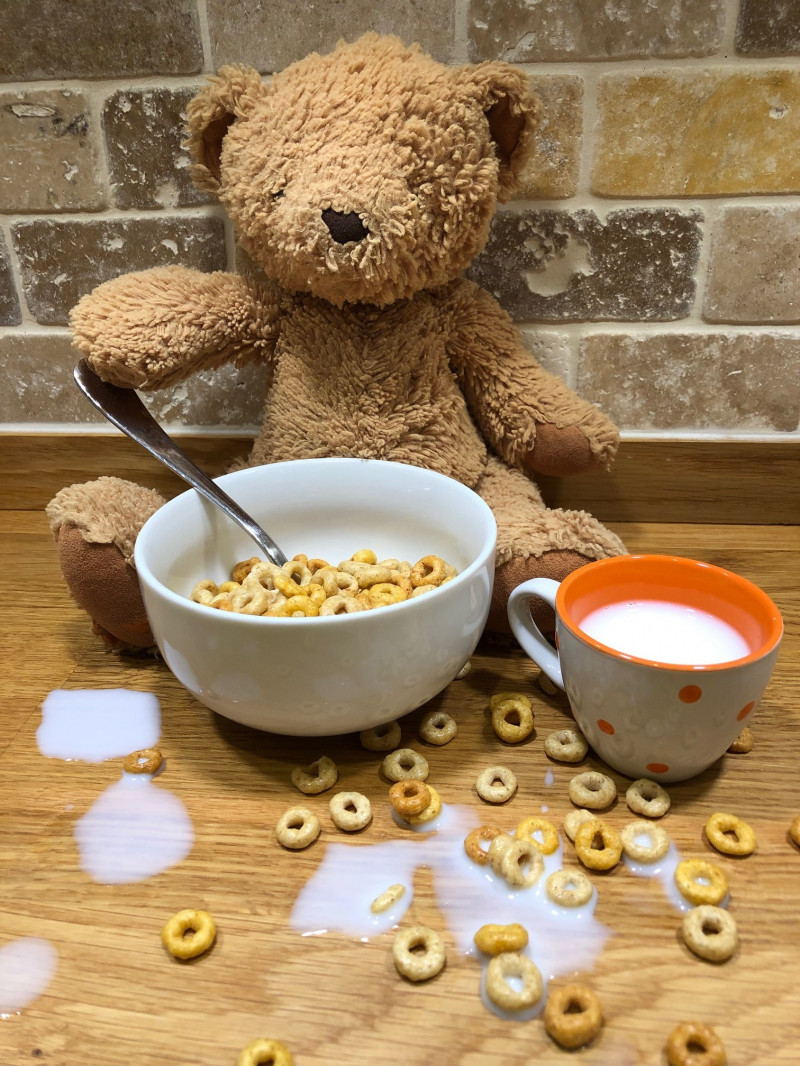 |
|
 2. Storytelling with Objects 2. Storytelling with Objects |
An activity to increase dialogues/language interactions that facilitate
children’s language and literacy development.
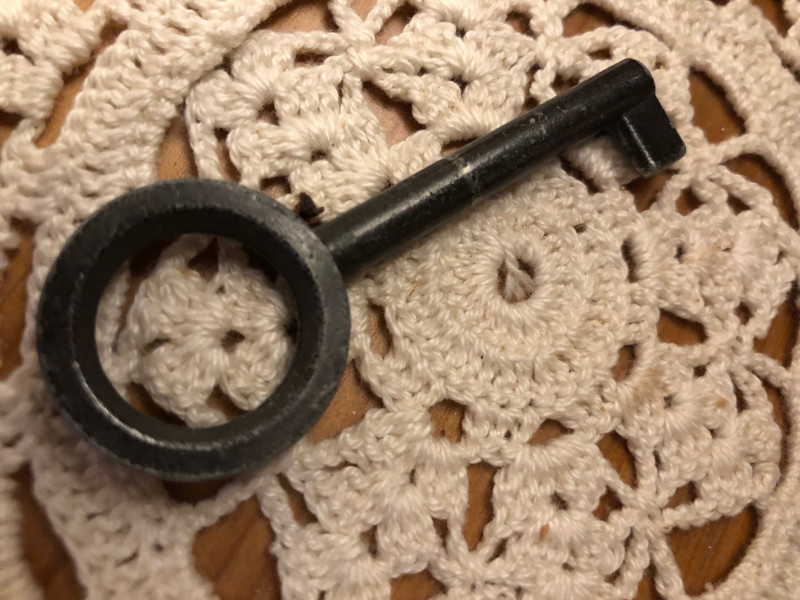 |
|
 3. Creating your story glove (age range: 5+) 3. Creating your story glove (age range: 5+) |
|
|
| Learning in the early years and in school in England |
 Read More - for practitioners Read More - for practitioners |
|
|
 Read More - for parents Read More - for parents |
Learning in the early years and in school in England |
|
 Schools around the world - images Schools around the world - images |
Which of the images best reflects your own experience in primary school? 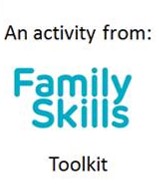
|
|
 School experiences around the world: My experience School experiences around the world: My experience |
Here you can find an example of how a school experience in one country can differ to that in another country. Ask the parents in your group to share their own experiences and how they compare to their children's.
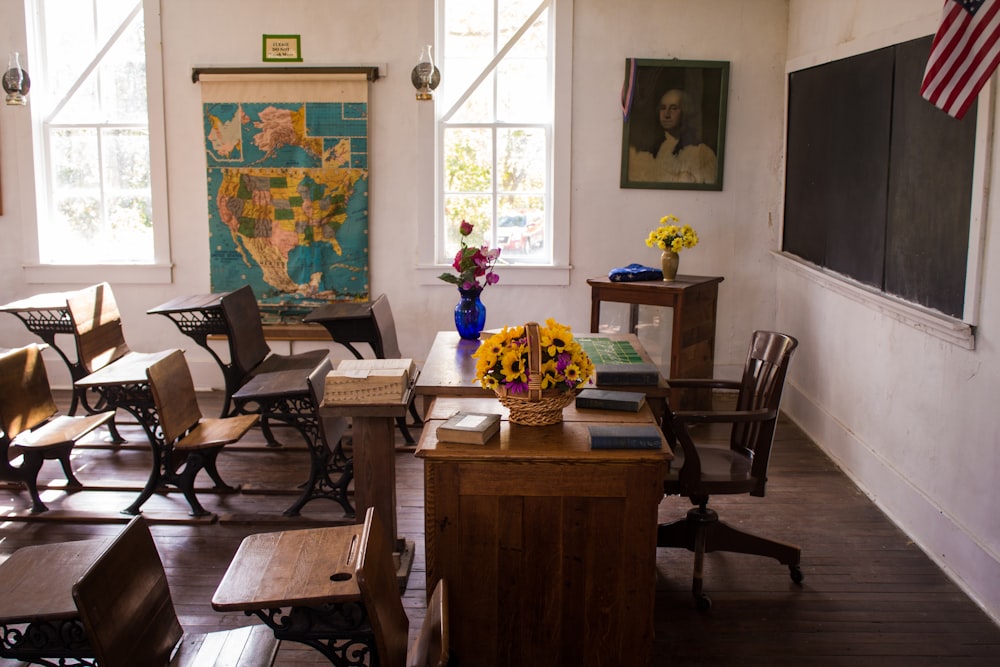
|
|
 Questions for parents to reflect on Questions for parents to reflect on |
|
|
 Activities that facilitate engaging with the concept 'learning through play' Activities that facilitate engaging with the concept 'learning through play' |
|
|
 Playdough home activity - Parent template Playdough home activity - Parent template |
|
|
 'I spy' home activity - Parent template 'I spy' home activity - Parent template |
|
|
 Shared reading Shared reading |
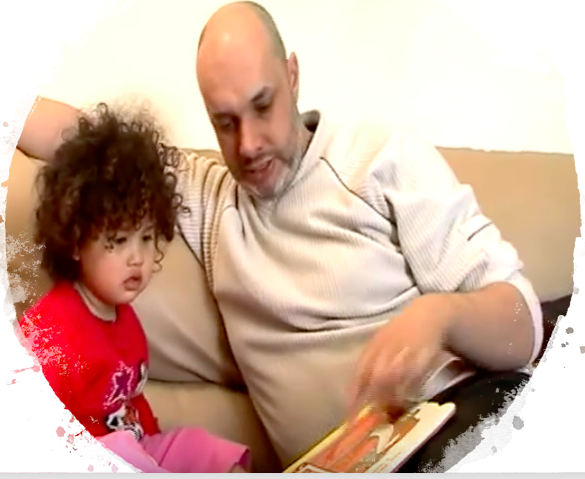
Video: National Literacy Trust |
|
 Family Skills - Reading to Children Family Skills - Reading to Children |
|
|
 Video-clips to reflect on: Learning through play Video-clips to reflect on: Learning through play |
Observing children engaged in play can help us to think about the concept of 'learning through play'. |
|
 Reading with young children Reading with young children |
|
|
 Phonics in the Foundation Stage and in Primary School in England Phonics in the Foundation Stage and in Primary School in England |
|
|
| Supporting multilingual approach and competences |
 Read more about supporting multilingual approach and competences Read more about supporting multilingual approach and competences |
|
|
 Observation prompts Observation prompts |
|
|
 My first words in my first languages - Description My first words in my first languages - Description |
|
|
 My first words in my first languages - Activity steps My first words in my first languages - Activity steps |
|
|
 Activity: “What is it?” My first words in my first languages (age range: 4-8) Activity: “What is it?” My first words in my first languages (age range: 4-8) |
|
|
 My first words in my first languages - Extra resources My first words in my first languages - Extra resources |
|
|
| Förderung von Mehrsprachigkeit in der Familie |
 Gruppengespräch Gruppengespräch |
Hier finden Sie Ideen für ein Gruppengespräch über Mehrsprachigkeit und den Übergang in die Grundschule. 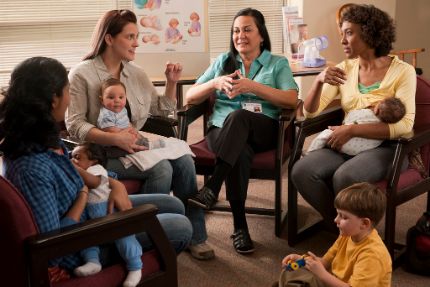 |
|
 Persönliche Schatztruhe - Voraussetzungen Persönliche Schatztruhe - Voraussetzungen |
Voraussetzungen
Für Kursleiter: - Entwickeln Sie einen klaren Plan für diese Aktivität, ihren Zweck und für die Art und Weise, wie die Ergebnisse präsentiert werden sollen.
- Präsentieren Sie ein Beispiel einer Persönlichen Schatzkiste
- Schaffen Sie eine vertrauliche und offene Atmosphäre
- Schätzen Sie diverse Familienhintergründe wert
Für Teilnehmer: - Seien Sie offen dafür über persönliche Dinge zu sprechen und sie zu präsentieren.
|
|
 Persönliche Schatztruhe - Vorgeschlagener Ablauf Persönliche Schatztruhe - Vorgeschlagener Ablauf |
|
|
 Selbst ein Memory gestalten - Voraussetzungen Selbst ein Memory gestalten - Voraussetzungen |
|
|
 Memory gestalten - Vorgeschlagener Ablauf Memory gestalten - Vorgeschlagener Ablauf |
|
|
| Feedback and evaluation - DO NOT DELETE |
 Questions for parents to reflect on Questions for parents to reflect on |
|
|
 Back-Up of feedback noticeboard page Back-Up of feedback noticeboard page |
for editing and moving across to groups
|
|
 Back-Up of parent introduction to VLE Back-Up of parent introduction to VLE |
|
|
 Back-Up of parent LWOL explanation section Back-Up of parent LWOL explanation section |
|
|
 Back-Up of parent TBOS explanation section Back-Up of parent TBOS explanation section |
|
|
 Back-Up of parent LITEYAISIE explanation section Back-Up of parent LITEYAISIE explanation section |
|
